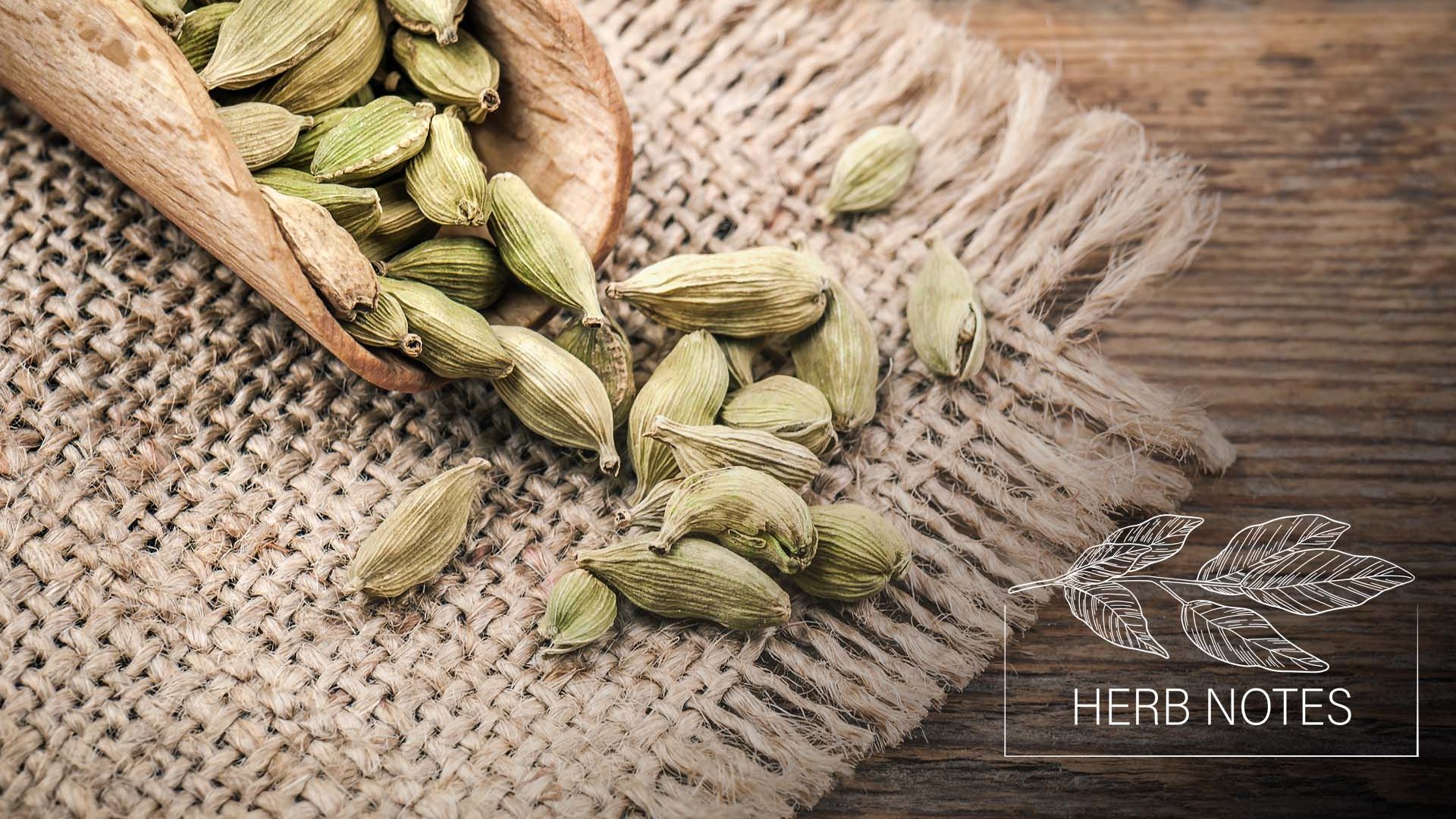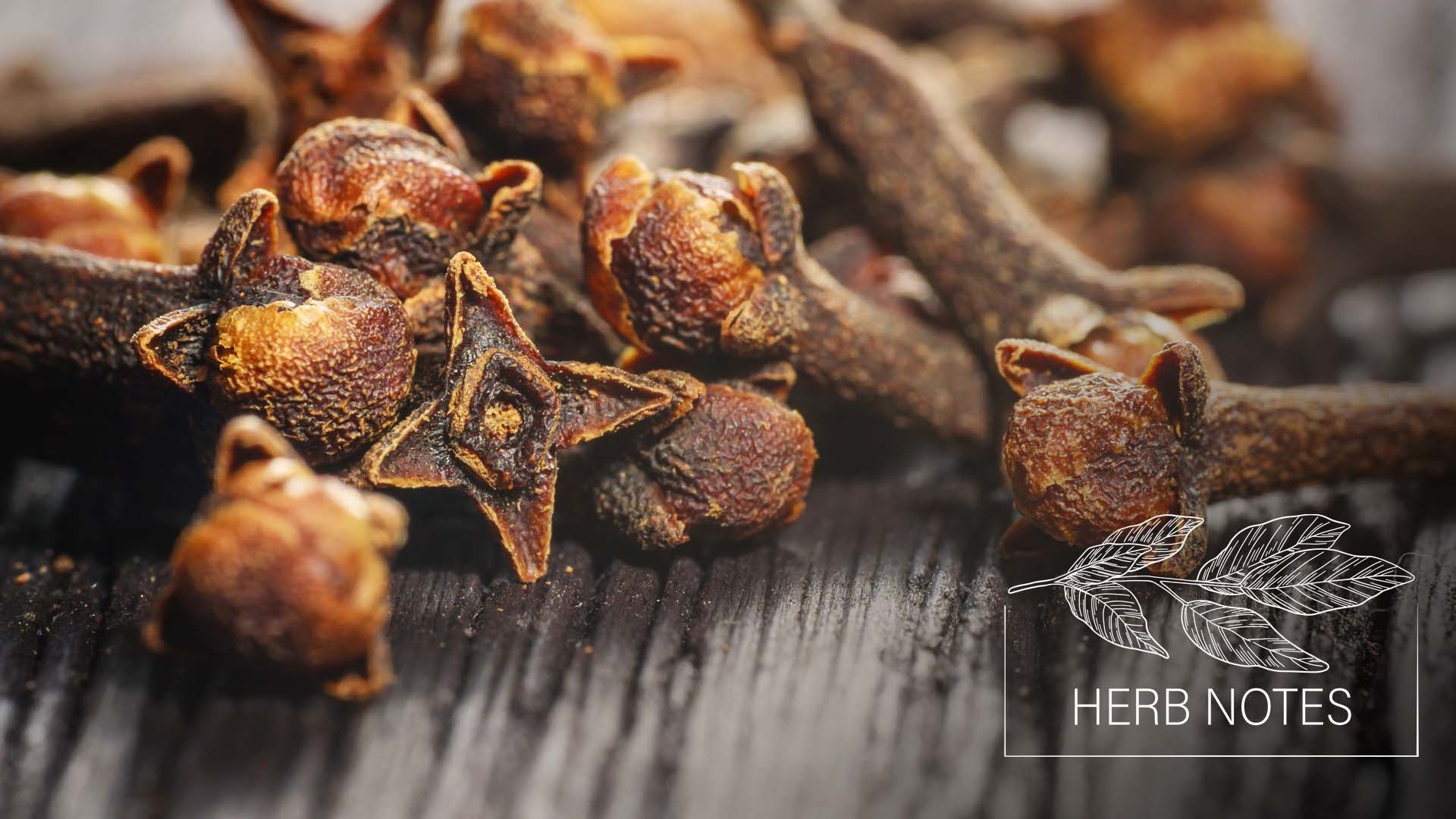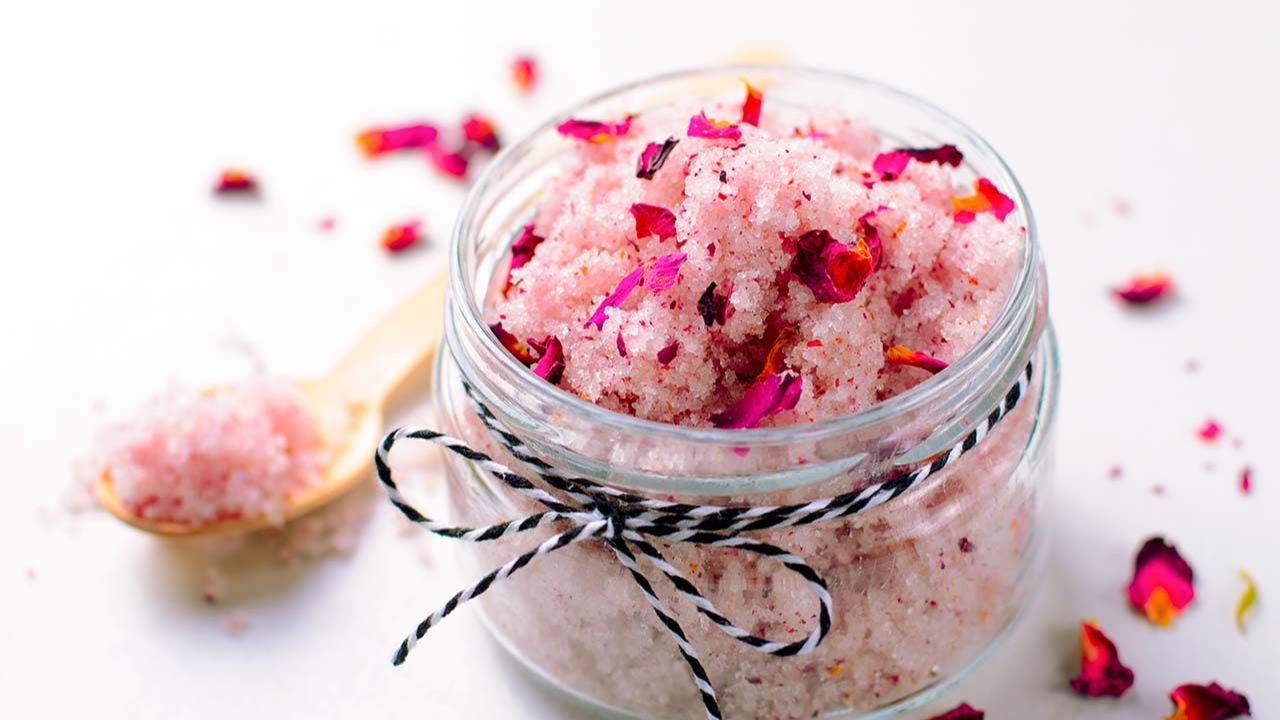
Herb Notes: The Benefits of Turmeric
In recent years, turmeric (Curcuma longa) has exploded in popularity. Chances are your favorite coffeeshop might now even include a golden milk turmeric latte on the menu. Turmeric, however, is not just a fad: this vibrant herb is a traditional Ayurvedic remedy with centuries of use as a traditional remedy.
Want to learn more about turmeric’s healing gifts?
Let’s dive into 3 key medicinal benefits of turmeric…
1. Turmeric for Inflammation
In the Western medical world, turmeric is most well-known for exhibiting anti-inflammatory activity. Recent studies with curcumin products, an isolated constituent in turmeric, have shown promising results on how turmeric can impact chronic inflammation. Rather than simply reducing inflammation, though, turmeric can actually modulate the inflammatory response in the body: making it more sophisticated than OTC anti-inflammatories. Turmeric can modulate inflammation through its high levels of antioxidants and its ability to stimulate glutathione (a protein with considerable antioxidant potential).1
Inflammation drives many modern chronic conditions and diseases, so modulating inflammation can be an effective way to support overall vitality and wellness. When working with turmeric, I like to work with the whole rhizome rather than an isolated constituent like curcumin. I cook with the fresh root (rhizome) and dried turmeric (ground turmeric powder), and I also like to sip on a golden milk latte. When enjoying turmeric, make sure to prepare it with black pepper, which increases the bioavailability of curcumin and other powerful constituents. If you are working with dried turmeric, heating the powder in oil until it turns into a turmeric paste also increase bioavailability. Cooking with turmeric is a lovely experience for the senses: you get to smell this powerful herb and delight in its brilliant color.
2. Turmeric for Chronic Pain
Turmeric’s ability to modulate inflammation makes it a fantastic herbal ally for addressing pain. Turmeric has traditionally been used for addressing various inflammatory conditions in the musculoskeletal system, especially arthritis (joint inflammation) and chronic joint pain.
Regularly ingesting turmeric can also work as a preventative for supporting the overall health of the musculoskeletal system.
3. Turmeric for Digestion
Turmeric’s pungent and bitter taste gives us a hint at how it can help support healthy digestion. As an aromatic carminative, turmeric can address gas, bloating, and cramping in the GI tract. As a bitter, turmeric can help stimulate the release of bile plus other secretions throughout the GI tract to support fat assimilation and overall digestive efficiency.
Turmeric’s anti-inflammatory effects also make it a fantastic ally for the digestive system; this, combined with its astringent properties, allows turmeric to help support the healing process of ulcers.
To experience the digestive benfits of turmeric, you can follow the lead of Ayurvedic medicine and simply cook with this tasty spice or drink a cup of golden milk with your meals.
Turmeric Contraindications
As a warming and drying herb, turmeric has the potential to exacerbate hot and dry conditions in the body. Examples of hot and dry conditions could include: eczema, heat-induced headache, and more. Combining turmeric with ghee or demulcent herbs like marshmallow can help balance turmeric’s energetics.2
Turmeric is contraindicated for folks who are taking blood thinning medications (blood thinners), have blood clotting disorders, or have known gallstones.
Want to Learn More About Other Common Herbs' Benefits?
Now that you've learned a little bit about the health benefits of turmeric, you might be wondering how you can learn more about the medicinal properties of other common plants.
Well, here’s the easy way to get more info about some of our favorite herbs: download a FREE deck of our top 12 Herb Notes here. You’ll learn all about the medicinal properties of common herbs like elderberry, dandelion, and more.
And before I go, I couldn't help but answer a few frequently asked questions about turmeric...
Does Turmeric Stain?
Yes, turmeric’s beautiful golden color can easily transfer to cuttingboards and countertops, so be mindful when cooking with this vibrant herb to avoid leaving your cooking supplies tinted with a bright yellow color. This quality also makes turmeric a wonderful botanical dye. You can learn how to dye with turmeric here and rock clothing with turmeric’s bright color.
Where Can I Find Turmeric?
If you’re excited about the potential health benefits of turmeric and want to start cooking with this flavorful spice, you can probably find dried, ground turmeric powder in the spice section at a grocery store near you. You can add turmeric to many of your favorite dishes — I especially like using it to season roasted vegetables or making a turmeric paste to add to soups and other dishes.Many grocer stores also carry the fresh turmeric root (rhizome) in the produce section, often next to fresh ginger.










